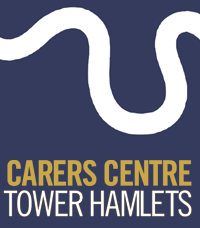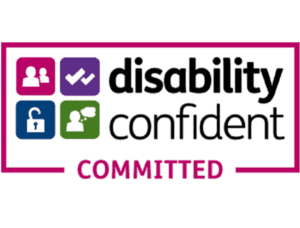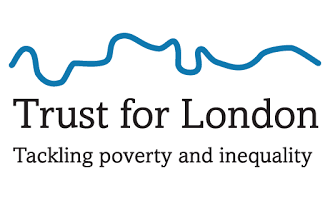Hello Everyone

Research shows that learning new skills can also improve your mental wellbeing by:
- boosting self-confidence and raising self-esteem
- helping you to build a sense of purpose
- helping you to connect with others
Even if you feel like you do not have enough time, or you may not need to learn new things, there are lots of different ways to bring learning into your life.
You could come and learn a new Art or Craft, so why not come and join our weekly Arts, Crafts & Conversation group, you could learn how to do Sculpture, ESOL starts up again next Tuesday as well as our walking Thursday group which meets and walks to different parts of Tower Hamlets learning its history.
As from next Friday we are having the Centre IT suite as a Drop – in for carers to use.
As the country relaxes the Covid rules we wanted to open our IT suite to carers, carers who are students, carers writing CV’s and job applications, online food shopping or just want to check your emails once a week to catch up, meet other carers and have some mental respite.
We do not have a printer and cannot print copies for you, we ask you to be proficient enough to manage on your own as staff can provide minimum support as they are busy with their own work.
The Wellbeing Academy highly recommends this access to learning:

Check out a new free course that has just been launched that focuses on carer wellbeing. It is called ‘Physical activity for health and wellbeing in the caring role’ and has been kindly endorsed by the Carers Trust. The course is 6 hours in length and learners can achieve a ‘badge’ on completion of the end quiz, and this can be added on a CV to evidence their learning/continuous professional development. We hope that it will be helpful to those working with carers, including carer centre staff, those supporting carers less formally and importantly carers themselves!

St Hilda’s East
Food Co-Op Coordinator
The Food Co-Op is one of our flagship projects, providing support to the local community of Shoreditch, where St Hilda’s is based.
The Food Co-op buys in high-quality organic and ethically sourced produce, which it sells to the community at prices accessible to all, offering affordable, healthy food while raising awareness of the environmental issues around food, and reducing the environmental impact of the food we eat.
As well as continuing to run the St Hilda’s Food Co-op as a best practice model, the coordinator will support other community groups to set up their own Food Co-ops.
For more information, download the Job Description
Facilities Coordinator
The Facilities Coordinator will coordinate management of the facilities; ensuring that maintenance/cleaning is carried out effectively and that the building complies with national safety standards. They will also coordinate facilities bookings to ensure that we provide our users with the facilities and resources for their needs and act as main contact point for customers during the events.
The Facilities Coordinator will also assist the Head of Operations in the day-to-day running of the
centre, carrying out reception/admin/IT duties as necessary.
For more information, download the Job Description
Highlights for next week….
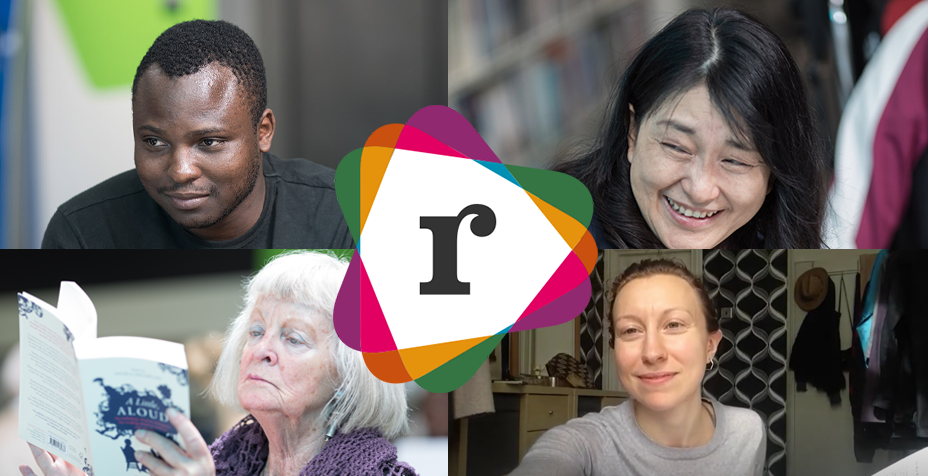
Did You Know we have a weekly Shared Reading Group?
How does it work?
Does your caring role stop you from reading a book or books? When was the last time you had someone read to you?
Our weekly reading group enables carers to sit round a table, have fun with other carers and have a short story read to them by an experienced Reader called Dorothy (she is wonderful by the way). You then get to discuss the story, compare ideas and really delve into the characters, did you like them or dislike them, it is for you to chat and tell your story….
Everyone experiences the text in their own way, but the literature provides a shared language that can help us to understand ourselves – and others – better.
It can even help with your ESOL needs.
If this is for you then email tony@ccth.org.uk
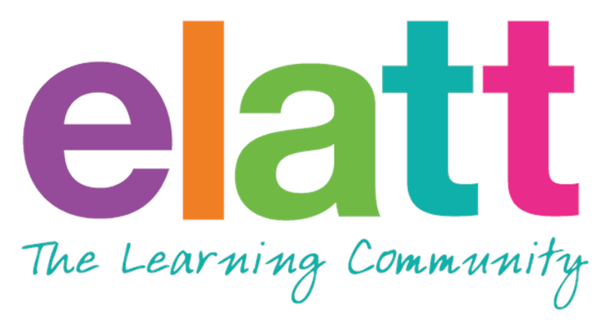
ESOL – Tuesdays @ 1.30pm to 3.30pm at the Carers Centre
We have ESOL every week being facilitated by ELATT, we are providing a prayer space for students if required and we welcome any carer who wishes to improve their English. Learn how to talk to your Social Worker, GP, advocate for your loved one, talk to other carers and the world is your oyster…
This Weeks Activities
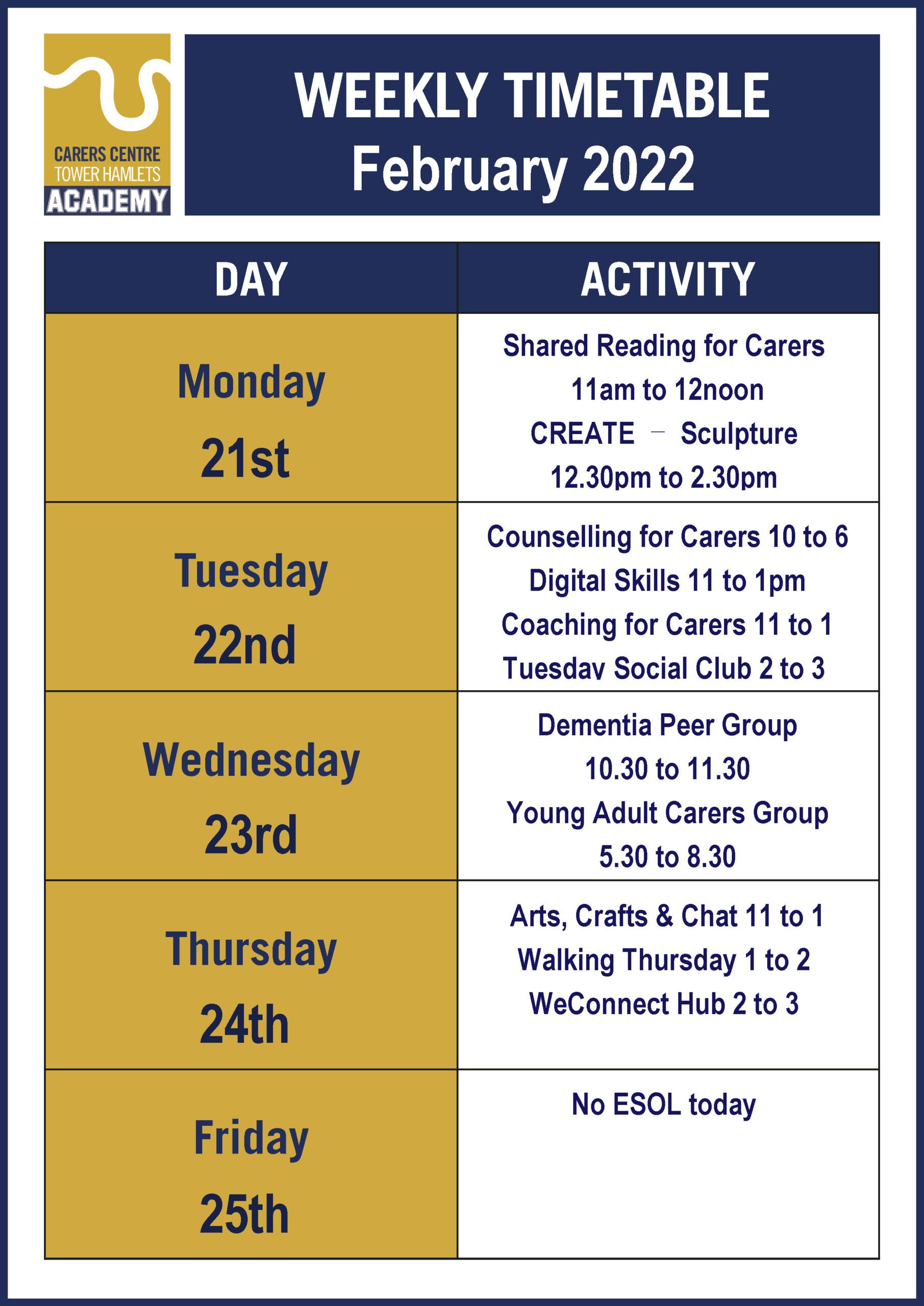

REMINDER – YOU CAN CHECK THE CCTH CALENDAR –
If you want to know what activities are on each day at the centre then check out the CCTH Calendar – https://ccth.org.uk/new/calendar/?cid=mc-03c4653fb809aa02e303ae7a3bb5520a&month=9&yr=2021
Then email me tony@cth.org.uk to book your place.
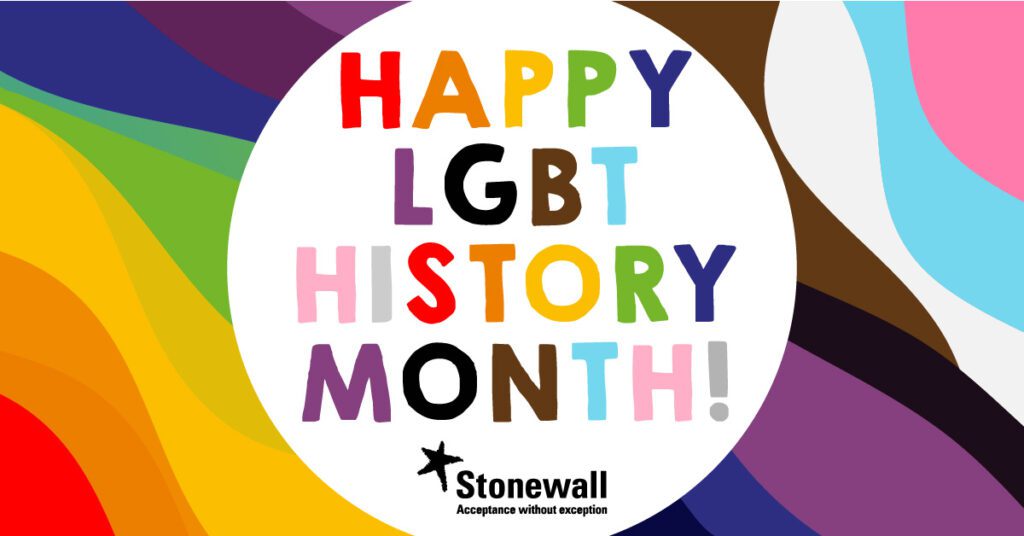
ELOP’s LGBT+ Groups
Join our fun, friendly and non-judgemental safe space to meet new people and discuss LGBT+ topics!
LGBT+ Over 50 Social Group
Every Monday 1.00 – 2.30pm, online
LGBT+ Social Support Group
Every Tuesday 7.00 – 8.30pm, online
LGBT History Month Topics:
(LGBT) Gays the Word – Creating and sharing our personal stories for LGBT History Month
Valentine’s Survival Guide – Sharing tips for surviving valentine’s for LGBT single’s / couples
Art & Politics in LGBT British History – Discuss and share our favourite art/artists and figures that influence LGBT British History / our favourite LGBT icons and allies from around the world
Queer Museum: What artefacts would you like to see displayed in the museum? – Discuss your ideas and share any artefacts that you would share in the museum.
| CLICK HERE to register |
Useful links
- Latest government advice
- NHS coronavirus advice
- NHS 111 online coronavirus service
- Tower Hamlets coronavirus advice and support
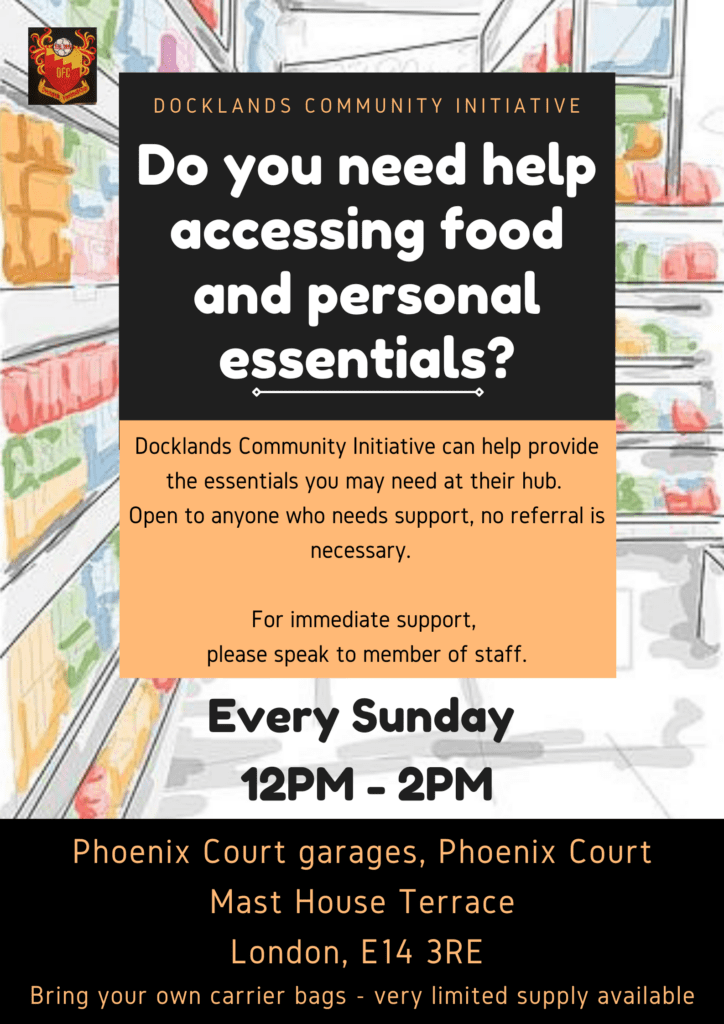
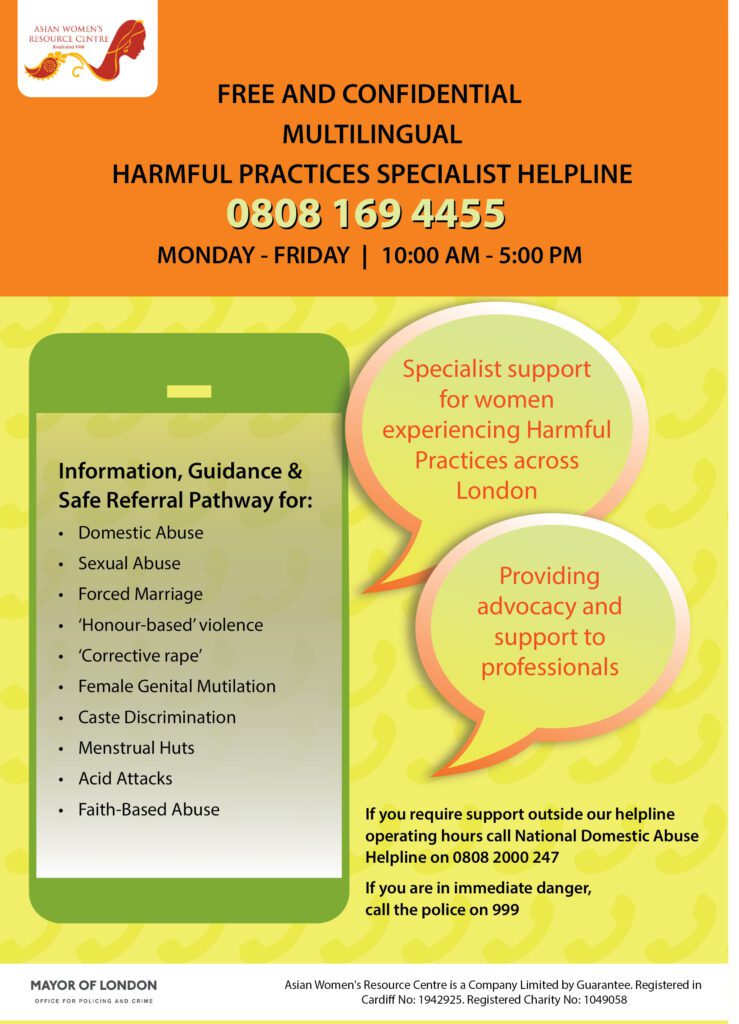
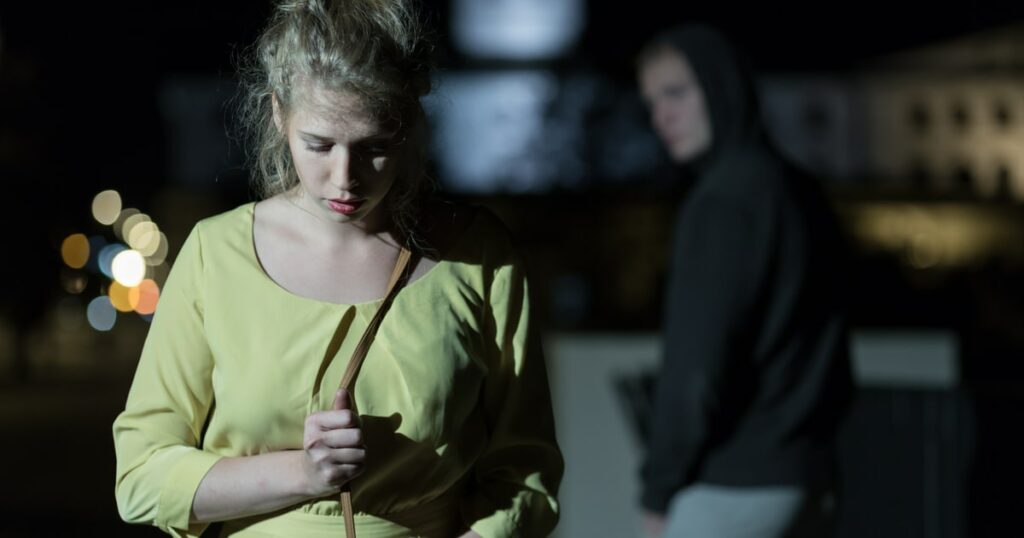
WALKING ALONE? REMEMBER THESE 10 TIPS
1) Plan Your Route
Make sure you plan your route ahead of time. If you are walking in an area you are not familiar with, this can help keep you from getting lost. You will be able to walk with confidence. If you do get lost, don’t wander aimlessly, find a gas station, supermarket, or fast-food restaurant where you can ask for directions.
2) Make Sure Someone Else Knows Your Plans
Don’t go out when it is dark without telling someone, even if you are just taking the dogs out for a walk around your neighbourhood or walking home from a friend’s house nearby. It may seem paranoid, but in fact, knowing someone knows where you are can be reassuring and help you feel safe. If you fall and hurt yourself or run into trouble, and someone knows where you are, they can send help if you don’t arrive at your destination on time.
3) Always Carry Your Phone with You
Always carry your phone, but not for music or to make social calls as your walk. Your phone can be a lifeline if you see something suspicious or worse if something happens to you. Download a safety app on your phone, so you’ll be able to discreetly alert the authorities if you feel threatened or see something suspicious.
4) Avoid Suspicious People and Areas
Areas that are dark, deserted, or out-of-the-way, such as an alley or a parking lot, can be riskier than a well-lit area full of people. Stick to busy, lighted paths, to minimize the risks. Also, walk mainly in familiar places where you are known. That way, if you feel like a suspicious person is following you, you can always duck into a store you know or knock on a neighbour’s door. Avoid empty streets and pathways with thick shrubbery.
5) Keep Your Hands Free
Except for a flashlight and one of the items discussed below, keep your hands free. If you are carrying anything, put it all in one bag or backpack. This will make it easier for you to react if you notice someone following you. In a dangerous situation, carrying too many bags can keep you from moving as quickly as you can if your hands are free or if you only have one bag.
6) Carry a Non-Violent Deterrent
In addition to a flashlight, carry a non-violent deterrent such as a whistle, mace, or pepper spray. A whistle will help you alert others and call them to aid you if something is wrong. The loud noise may put off attackers, and they’ll move on to find someone else. Mace or pepper spray can give you enough time to evade a potential attacker, and in a pinch, a flashlight can be used as a weapon. Make sure you know how to use the mace or pepper spray to get its full effect.
7) Wear Reflective Clothing to Prevent Accidents
When it comes to personal safety, it’s not just about suspicious people. Areas with low visibility can be prone to accidents. Reflective clothing allows bikers and cars to see you as you walk along. A flashlight or headlight can also help drivers see you if there are dark stretches of road on your route.
8) Take a Self-Defence Class
When fighting off something as an assault, the element of surprise can work in your favour. If you regularly walk alone, take a self-defence class. You don’t have to become a black belt. In fact, it’s probably better to learn something like Krav Maga, which has been popular for self-defence. The idea is to disable your attacker enough for you to get to safety, and a class focused on self-defence will help give you those survival skills.
9) Remove Any Distractions
Keep your phone in your hand in case you need to hit the panic button on your safety app, but don’t let it distract you. When walking alone at night for exercise, music can be motivating and energizing but also distracting. You may not hear someone driving or walking up behind you. Avoid wearing headphones or talking on your phone as you walk.
10) Trust Your Gut
When walking alone at night, trust your gut. If you feel like an area or situation may be dangerous, don’t wait around to find out. Stop and scan your surroundings if you think someone is following you. If you are being followed, walk as quickly as you can to a well-lit public place. You can wait until you feel safe, or call a friend, a taxi, or an Uber to help you get safely get home at night.
Following these personal safety tips will help keep you stay safe when walking alone. Always be aware of where you are and alert to suspicious activity.

REMINDER TO CARERS
If you still need PPE for you and your loved one then Tower Hamlets are still providing PPE for Carers.
Collection and delivery is on Wednesday only from Mulberry Place, 5 Clove Crescent, E14 2BG. Carers can call or email Ayeda directly 0n 07366977103 or ayeda@ccth.org.uk to order.

Important Numbers:
Domestic Violence Duty Line: 020 7364 4986 between 9am – 5pm.Victim Support: 020 7364 2448/7957
Just wishing everyone a peaceful, safe and week and remember if you need information and advice from the Carers Centre just email enquiries@ccth.org.uk
Tony Collins-Moore
Carers Academy Manager

Opening hours
Monday - Friday – 9.30am – 5pm
Saturday and Sunday – Closed
